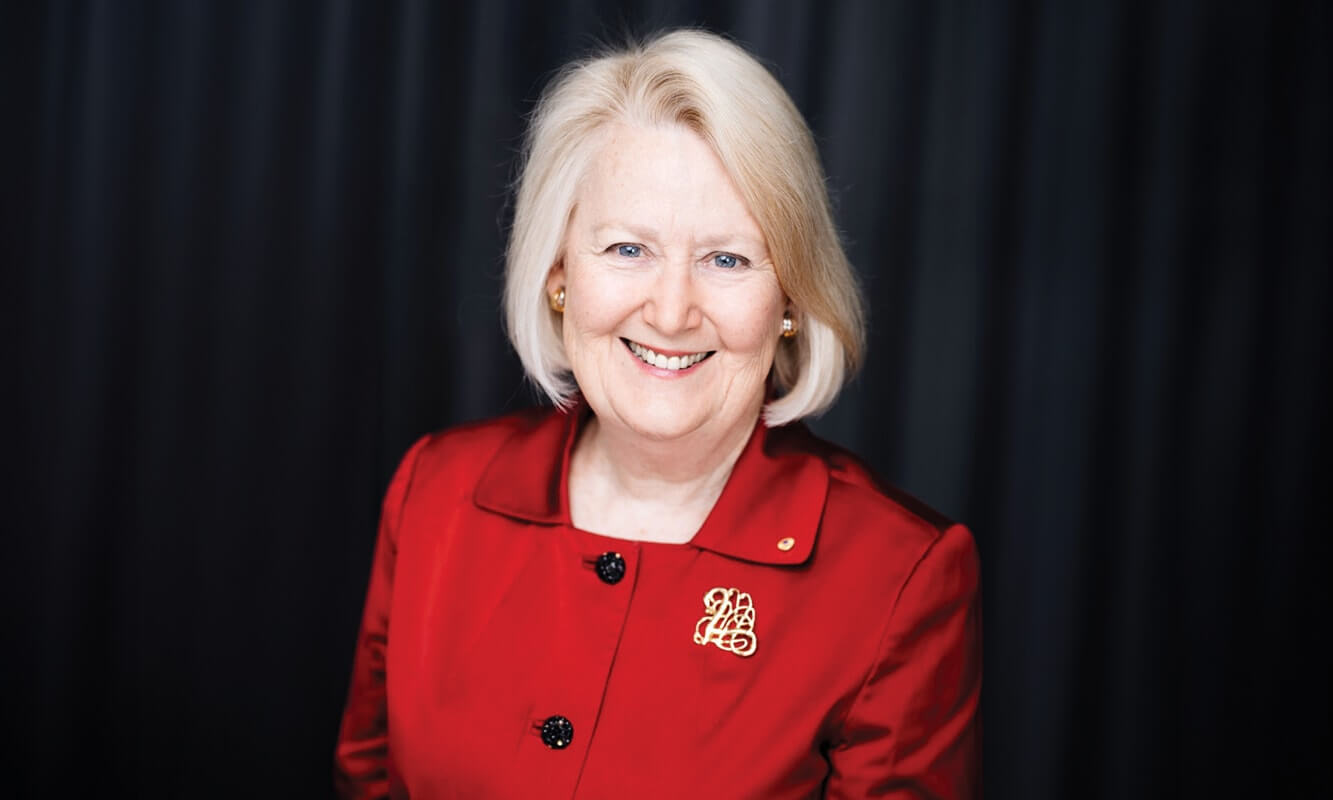A veteran solicitor has been fined, reprimanded and banned from holding a principal practising certificate for three years for misconduct over the handling of his clients’ damages settlement.
Queensland Civil and Administrative Tribunal (QCAT) member Peter Lyons QC, in a decision published yesterday, sanctioned solicitor Kevin Bradley via a $5000 fine, an order prohibiting him from obtaining a principal level practising certificate until 19 July 2025, and that he pay costs of the discipline action taken against him.
Mr Lyons also noted that as a result of the action Mr Bradley – a solicitor with almost 50 years of unblemished legal service – had opted to retire from the profession.
The Legal Services Commission (LSC) took action against Bradley based on his handling of a matter to resolve a dispute between his clients and a manufacturer of an air-conditioning system, which caused more than $18,000 damage to their home in early 2020.
The LSC, in its complaint, alleged Mr Bradley engaged in dishonest acts over a period of time, falsely represented an agreement of settlement to his clients by intentionally emailing them a copy of the wrong settlement offer, and substituted a signature page of an old deed for an unsigned signature page of a new deed.
Mr Lyons, a former Queensland Supreme Court judge and QCAT sessional member, was told Mr Bradley admitted to his wrongdoing, and matters to be considered were whether the solicitor should be reprimanded, sanctioned and a compensation order be made.
In a seven-page decision, Mr Lyons said the discipline action arose out of the engagement of Mr Bradley by a couple in a dispute over damage caused to their home, as a result of a newly-installed air-conditioning system.
“The complainants (couple) had purchased an air-conditioning system for their home … and there was a fault in the air-conditioner which apparently caused damage to the home,” Mr Lyons said.
Mr Bradley commenced negotiation and action against the manufacturer in the Magistrates Court and eventually attempted to resolve the matter without court intervention.
Mr Lyons said it was during this period the misconduct occurred.
“On 12 August (2020), (Mr Bradley) sent an email to (his clients) falsely representing that the manufacturer had agreed to settle the matter on the same terms as those the subject of (an earlier) settlement offer,” he said.
“That was untrue, because the amount that the manufacturer was prepared to pay had been reduced by $2400.
“On 11 September 2020, (Mr Bradley) emailed the (clients) a copy of the original deed provided by the manufacturer in relation to the (earlier) settlement offer. He suggested that they sign it without having their signatures witnessed, and that the signed document be returned to him.
“(The clients) did that and when the document came back, he purported to witness their signature, although he had not been present when the (clients) signed the deed. (Mr Bradley) then substituted the executed signature page from the deed, which the (clients) had signed, for the signature page on the revised deed, which the (clients) had not seen or executed.
“(Mr Bradley) then sent the document which he had thus created, to the manufacturer’s solicitors. That resulted, effectively, in a settlement of the client against the manufacturer so far as the manufacturer was concerned. It will be apparent that (Mr Bradley) did not have instructions to settle the matter in this fashion.
“(Mr Bradley) told the (clients) the manufacturer had requested that settlement moneys be paid into (Mr Bradley’s) trust account, and he provided them with a document which was a direction for payment to his trust account, which he requested them to sign.
“That, of course, did not reflect the true situation. The manufacturer had not requested the settlement moneys be paid to (Mr Bradley’s) trust account. Rather, that was something that (Mr Bradley) had decided should be done so that he could attempt to retrieve the situation which was unfolding.
“(Mr Bradley) then sent a letter to the (clients) on 17 September 2020. The letter stated that they would receive $16,664.52 of which $15,811.37 would be paid on behalf of the manufacturer and $853.15 would be paid by (Mr Bradley), which he described as his punishment for not making an earlier effort to persuade the complainants to accept the June settlement offer.
“By this time, the (clients) were becoming concerned about the conduct of (Mr Bradley) and they sent a signed copy of the original deed directly to the manufacturer’s solicitor.
Mr Lyons said once the true position emerged, the clients made a complaint about Mr Bradley to the LSC.
“It can be seen from this recital of events that in a number of respects, the respondent had engaged in dishonest conduct,” he said.
“There is no reason to think that his conduct was engaged in for personal gain. It seems to have been mistakenly motivated by a desire to retrieve a mistake he made earlier.”
Counsel for Mr Bradley submitted to the tribunal that during a 49-year legal career – 45 of those years as a sole practitioner – Mr Bradley had never been the subject of a misconduct complaint or action.
The tribunal was also told Mr Bradley had accepted submissions by the LSC that his conduct had demonstrated a loss or diminished capacity to make sound judgments, and as a result had led to him deciding to retire from legal practice.
Read the decision.








Share this article